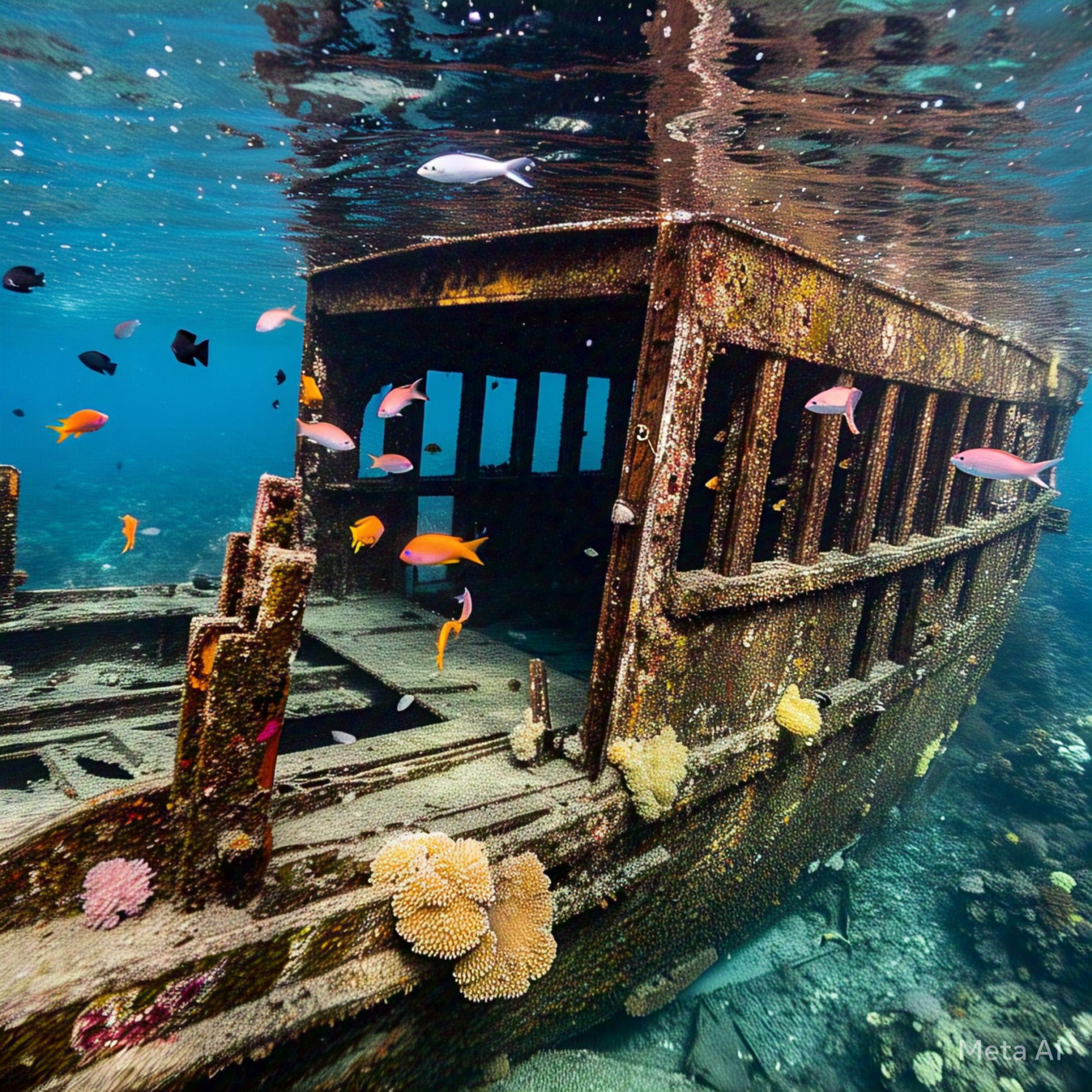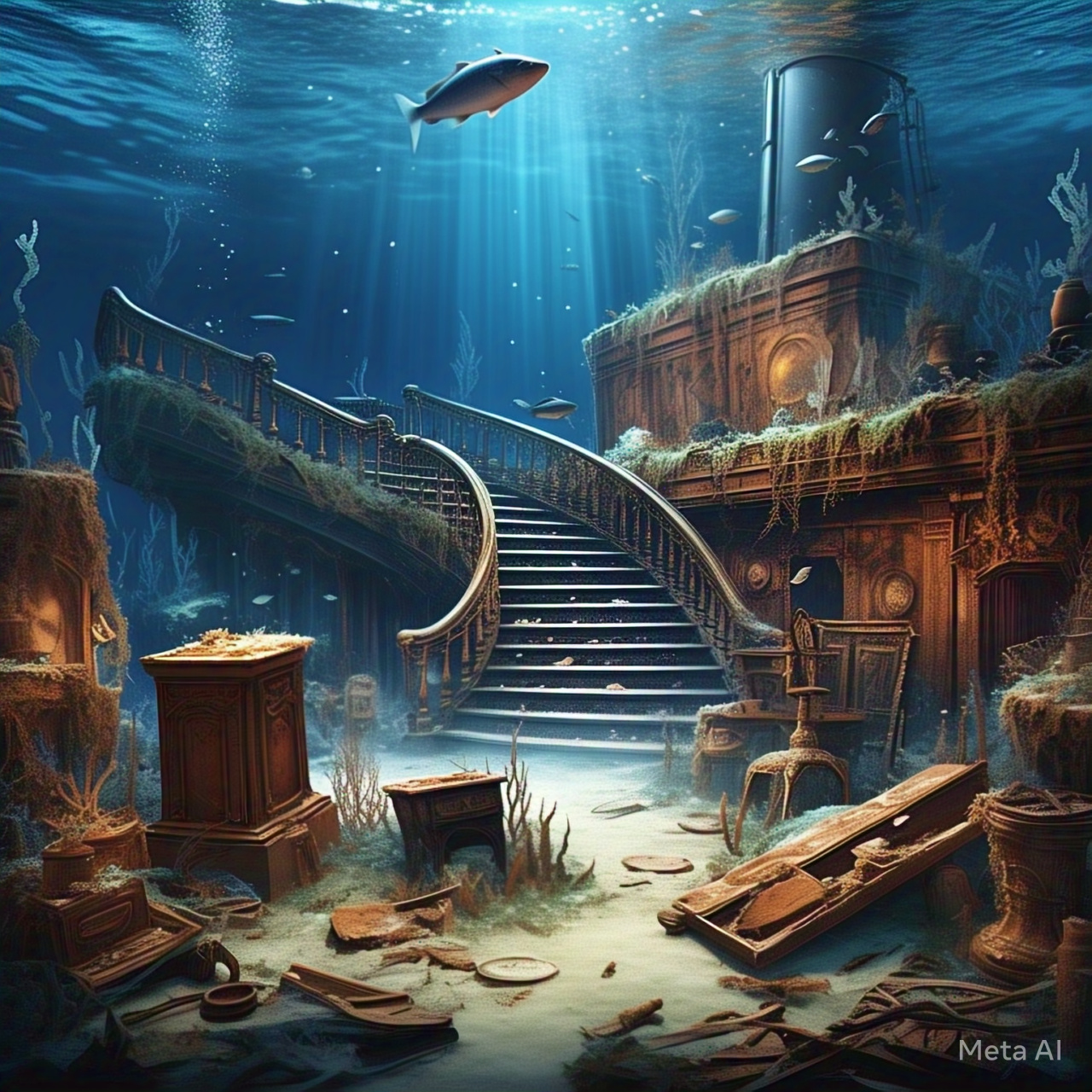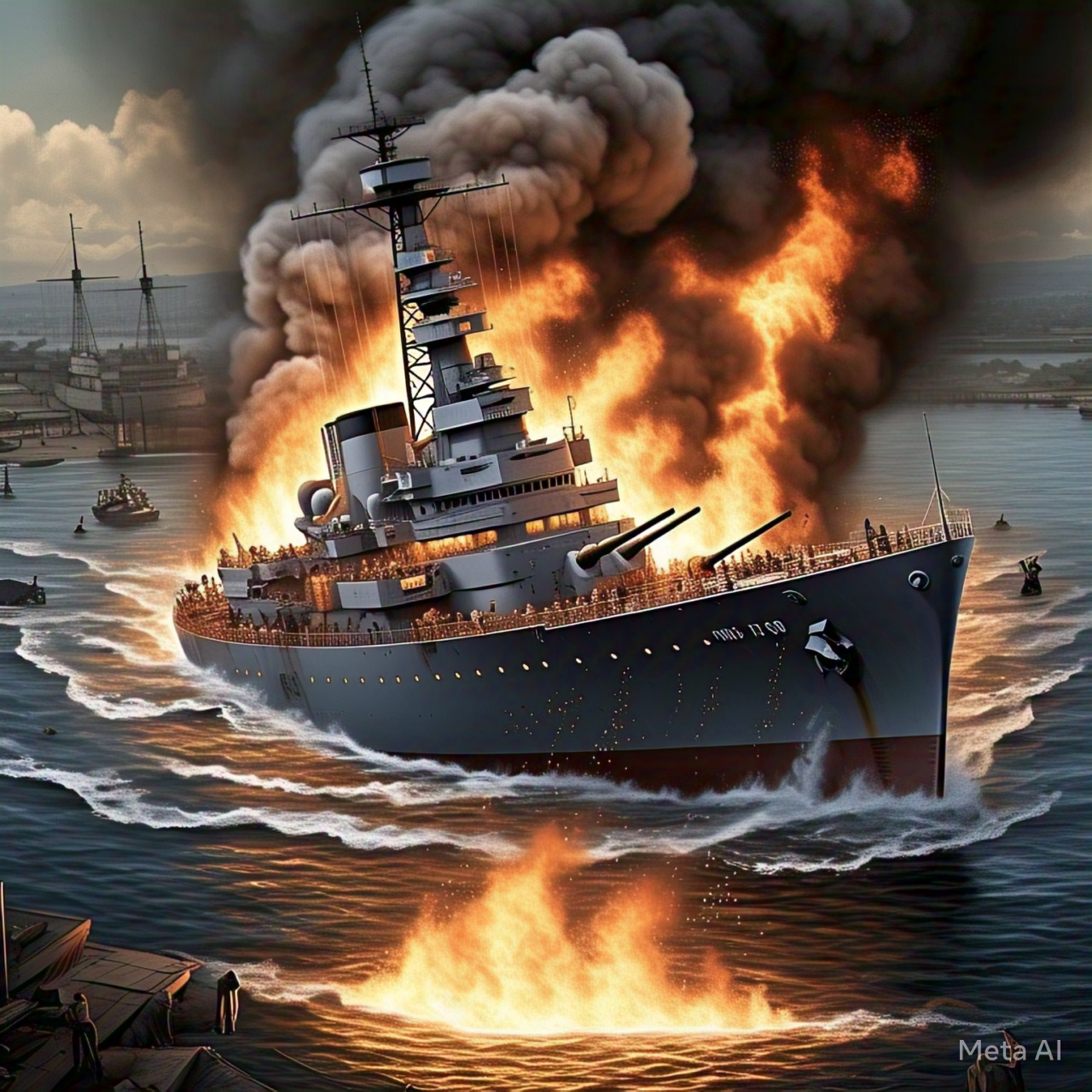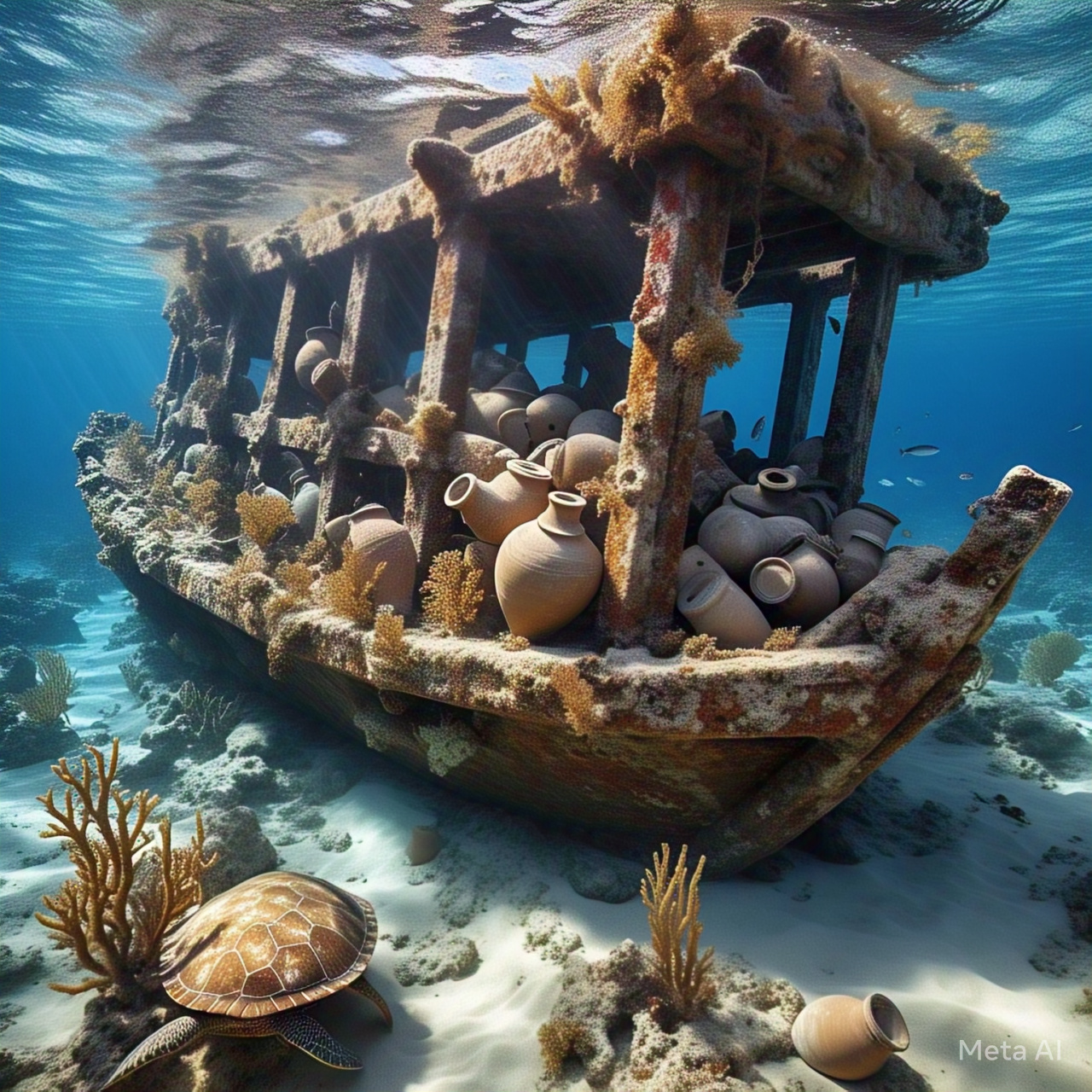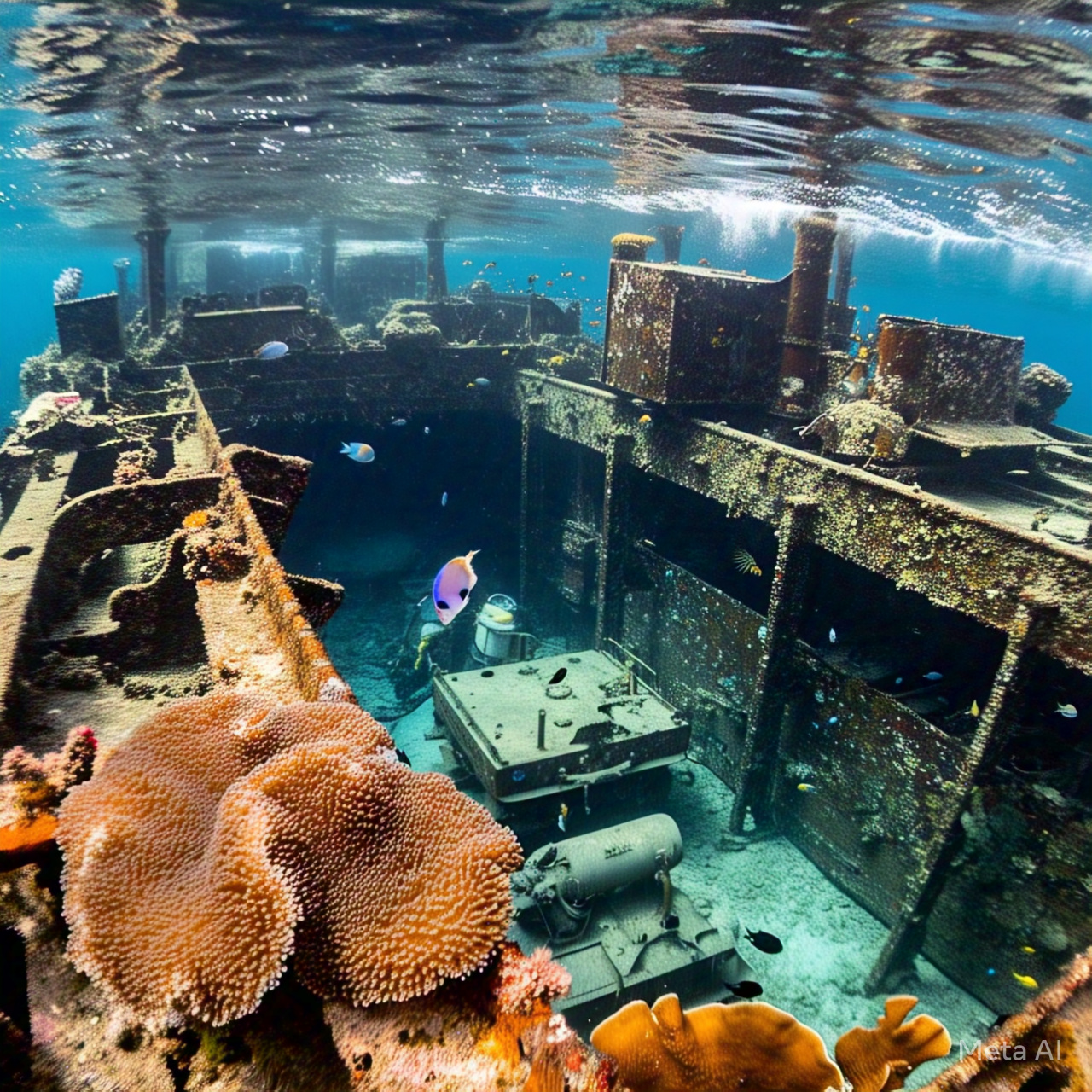Sunken History
Shipwrecks are underwater time capsules, preserving moments of history in their frozen state. From ancient trading vessels to modern naval ships, these submerged structures offer glimpses into our maritime past.
Over time, shipwrecks transform into artificial reefs, providing habitat for diverse marine life. The interaction between human artifacts and natural processes creates unique ecosystems that fascinate both historians and marine biologists.
